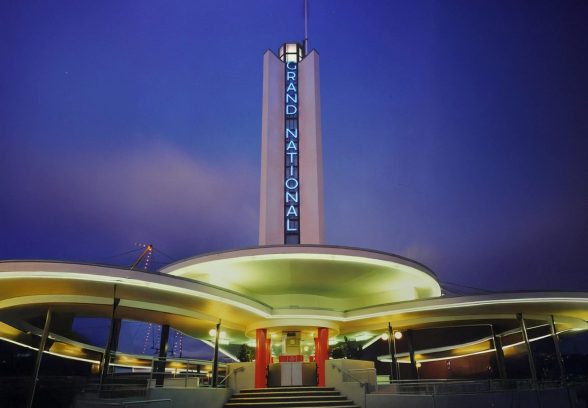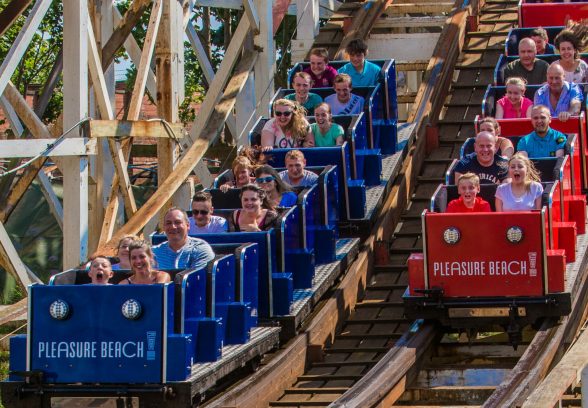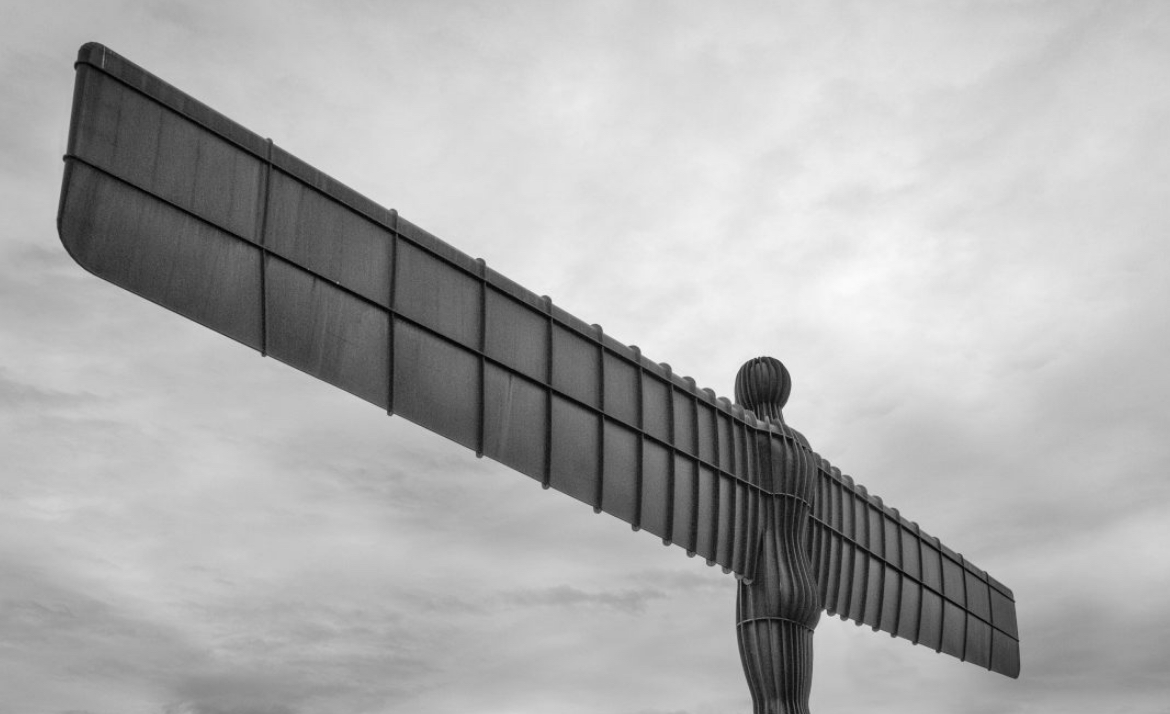This website uses cookies
This website uses cookies to enable it to function properly and to analyse how the website is used. Please click 'Close' to accept and continue using the website.


Grand National Scenic Rollercoaster, Blackpool



Charles Paige, Harry G Traver and Joseph Emberton, 1935
Risk: Demolition
Only a small handful of pre-war wooden rollercoasters survive in England, and the Grand National ride at Blackpool Pleasure Beach, by the prolific rollercoaster designer Charles Paige, and Harry G Traver, is perhaps the most innovative and evocative of them all.
Opened in 1935, its ‘Möbius loop’ configuration, a single 3,400ft track with two ‘duelling’ trains that appear to switch lanes, was seen at the time as a revolutionary new ride and one of the most exciting new rollercoasters in the world. Internationally-renowned British architect Joseph Emberton, best known for Simpsons (now Waterstones) on London’s Piccadilly, was employed to bring a unified, streamlined appearance across the park. As well as designing the celebrated Casino (1937, Grade II), he also incorporated an elegant concrete Moderne style station into the Grand National.
Today it is one of only two historic ‘Möbius loop’ coasters still in operation worldwide. For 90 years passengers have navigated the 195 degree aeroplane bends, bunny hops, rattling boards, and dips and crests, all held aloft on a 62ft timber-trestle superstructure. Although it was Grade II listed as recently as 2017, the owners of the Pleasure Beach are now planning to apply for Listed Building Consent to completely demolish the ride. Rather than embracing their special status as a heritage theme park, as Dreamland in Margate has done to great success, the Pleasure Beach seem intent on clearing space within the crowded site to build newer, faster rollercoaters, in a surely unwinnable arms-race with rival amusement parks in the UK and internationally.
How to help
Write to Blackpool Council Planning team to voice your objections to demolition: planning@blackpool.gov.uk

Become a C20 member today and help save our modern design heritage.